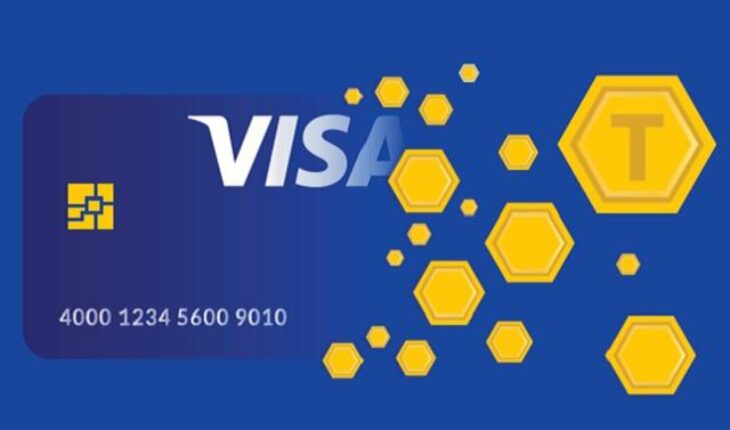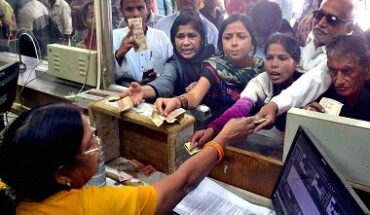Bengaluru : Visa, the global leader in digital payments, unveiled a comprehensive report detailing how tokenisation is driving India’s digital economy. The report, “Enabling the Digital Shift: Tokenisation in India’s Economic Landscape”, marks one year since the effective date of the RBI’s mandate on tokenization for ecommerce transactions. It underscores the rapid progress India has made, issuing over 560 million tokens within a year including 300 million tokens issued by Visa. This is a substantial portion of its over 7.5 billion tokens issued globally, and leading to card authorisation rates rising by 4.5% since the introduction of tokenisation, according to the press release stated here.
The report provides a comprehensive view of India’s tokenisation journey, considering the perspectives of key stakeholders such as merchants, issuers, and payment processor and identifies six future trends on account of India’s tokenisation success, Simplified Payments: Tokenisation will make payments much easier including through voice assistants and smart devices that employ augmented and virtual reality. Revolutionising Commerce: Issuing digital cards will be faster, subscription-based services simpler, and even change the retail experience with grab-and-go stores.
Faster Token Provisioning: Simplified ways of tokenisation will make the process of moving tokens (digital representation of card information) between the card issuer and destination wallets and website faster and easier. Frictionless Authentication: Tokenisation can be combined with biometric authentication (like fingerprint or facial recognition) to reduce card-related fraud. Improved B2B Payments: Thanks to tokens, businesses can streamline reconciliation, issue unlimited virtual cards and set transaction spending limits to mitigate risks. Contextual Commerce: By combining tokenisation with social media, users can enjoy a seamless shopping experience right within their favourite platforms.
Vasudevan P, Executive Director, RBI, while commenting on the report, said, “The Visa report provides valuable insights into the transformative role of tokenisation in India’s digital payments landscape. As the country pushes towards a digital economy with an increasing volume of transactions, tokenisation has immense potential to further digitise the payment ecosystem. We appreciate the efforts of all ecosystem players, including Visa, in championing tokenisation and highlighting its benefits. With a substantial 560M tokens already in circulation and a fast-paced growth rate, we foresee tokenisation becoming a pivotal force in the evolution of digital payments.”
Sandeep Ghosh, Group Country Manager for India & South Asia at Visa, commented, “The RBI’s visionary policies and supportive regulatory framework have positioned India as a global leader in digital payments. This has catalysed the rapid growth of digital payments and the seamless implementation of innovations like tokenisation. We, at Visa, are proud to have issued over 300M tokens in India and by embracing innovations such as biometric authentication, contactless payments, and integrated commerce solutions, we aim to enhance customer experiences, reduce fraud, and drive the expansion of digital payments.”
As India marches towards a $1 trillion digital economy by 2030, the rise in cyber attacks from 0.2 million in 2018 to 1.3 million in 2022, necessitates growth, sustainability, and robust consumer protection. The progress in tokenisation, backed by regulator and payment ecosystem collaboration, signals a secure and connected digital future for India.
Insights gathered from an industry survey conducted as part of the report forecast:
Lower data breach risk, fewer frauds, and easier compliance for the industry
Better security, increased trust in digital payments, and improved payment experiences for consumers
Mobile based contactless payments and payments through wearable’s emerged as top use cases
94% of respondents anticipate reduced data breaches while 88% expect enhanced consumer security going forward
76% predict a rise in contactless payments across devices and merchant categories






